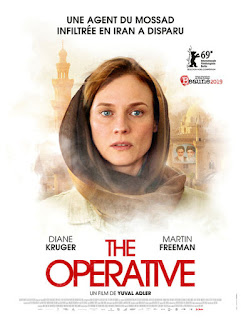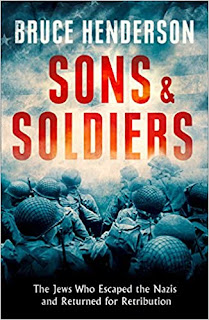I´ve become acquainted with the reality of the Jewish refugees from the Arab lands relatively late in my life. Growing up in my European priviledged society, focused on the deep trauma Shoah left in our everyday life none of the people I grew up with displayed any sign of interest towards other Jewish identities. Some did, but in a disrespectful way, a chapter that I will develop maybe on another occasion.
Our maternal grandfather´s Turkish roots did not count as he was French-educated, spoke some Ladino and was anyway fully educated in Europe.
I´ve approached the stories of the Jews from Arab countries and Iran with a deep humility. They were talking mostly about countries were they could not return. About places where they grew up they would not be able to see again. They were spoken languages that were adding to their daily longing because those neighbours they share the language with, but not the religion, either turned against them or become impossible memories.
I´ve actually learned what means to really miss your old countries from their vivid memories of my friends and acquaintances born in Arab countries. Compared to me, that I was enjoying at least the freedom of a passport that gave me, again, priviledges, they lost everything: their citizenship, their memories, the streets of their childhood, their friends, the graveyards where they relatives were put to rest. I felt sometimes ashamed that my connection with my ´old country´ was so poisoned by resentment and indifference and sometimes haughtimess too.
From their stories I learned to look at places like Iraq, Syria, Morocco, Lybia, Yemen, Algeria, Tunisia or Egypt with completely different eyes. Those may be countries where once in a while demented rulers decide to attack, force to wander and expel their Jews - as it happened with almost 820,000 people between 1948 and 1972 - but the everyday people may differ.
Nowadays, this history is part of my little family too and I am proud of my son´s history that myself I am doing my best to learn more about. Hopefully, times will change and he will be able to visit the places where part of his relatives were born before being expelled or forced to leave.
Since 2014, on 30 November in Israel is celebrated the Day to Mark the Departure and Expulsion of Jews from the Arab Countries and Iran. It takes place one day after the United Nations Partition Plan for Palestine was adopted. For many of those refugees, life in Israel was not easy and they had a lot to fight for, including for their rights to differ, in a country founded by European Jews. There is still a lot to be done in the field of fighting discrimination and the equality of chances but those Jews from Arab lands and Iran do not have anywhere else to go. They are there to stay and make Israel a better place because they don´t have any other country.
The world should hear their stories and learn the lessons. We should all do...





